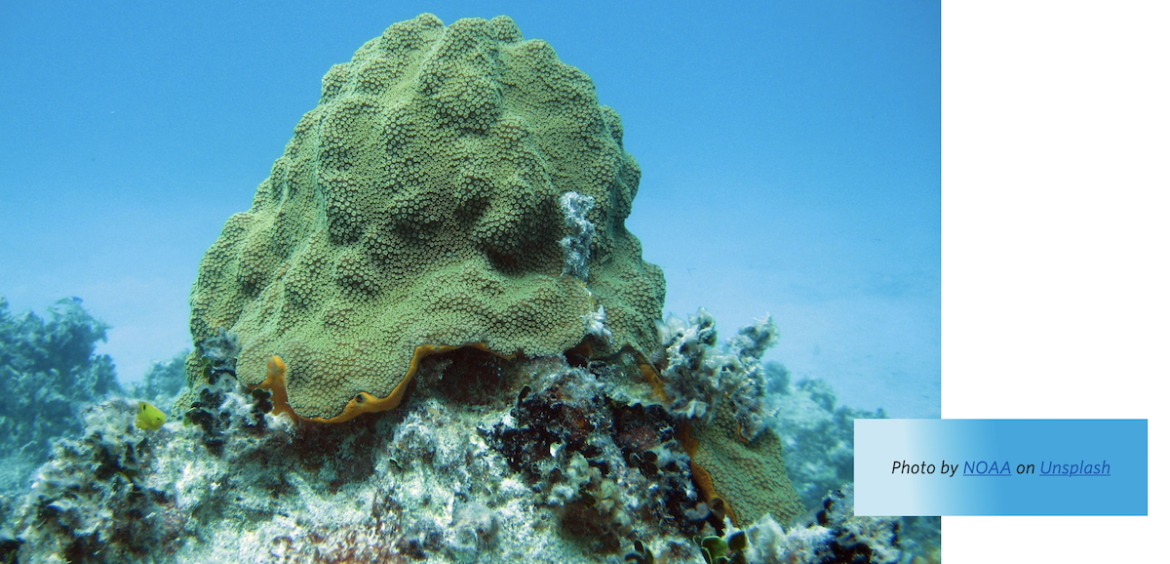
UBC News, Dec 2, 2024, by Alex Walls - Climate change could bring more severe bacterial infections, including in corals"
"A new UBC study shows that climate warming can potentially make bacterial and fungal infections deadlier for cold-blooded animals like corals, insects, and fish, raising questions about the broader risks warming temperatures pose to ecosystems and biodiversity—and potentially humans."
--------------
Abstract
Climate change is causing extreme heating events and can lead to more infectious disease outbreaks, putting species persistence at risk. The extent to which warming temperatures and infection may together impair host health is unclear. Using a meta-analysis of >190 effect sizes representing 101 ectothermic animal host–pathogen systems, we demonstrate that warming significantly increased the mortality of hosts infected by bacterial pathogens. Pathogens that have been evolutionarily established within the host species showed higher virulence under warmer temperatures. Conversely, the effect of warming on novel infections—from pathogens without a shared evolutionary history with the host species—were more pronounced with larger differences between compared temperatures. We found that compared to established infections, novel infections were more deadly at lower/baseline temperatures. Moreover, we revealed that the virulence of fungal pathogens increased only when temperatures were shifted upwards towards the pathogen thermal optimum. The magnitude of all these significant effects was not impacted by host life-stage, immune complexity, pathogen inoculation methods, or exposure time. Overall, our findings reveal distinct patterns in changes of pathogen virulence during warming. We highlight the importance of pathogen taxa, thermal optima, and evolutionary history in determining the impact of global change on infection outcomes.